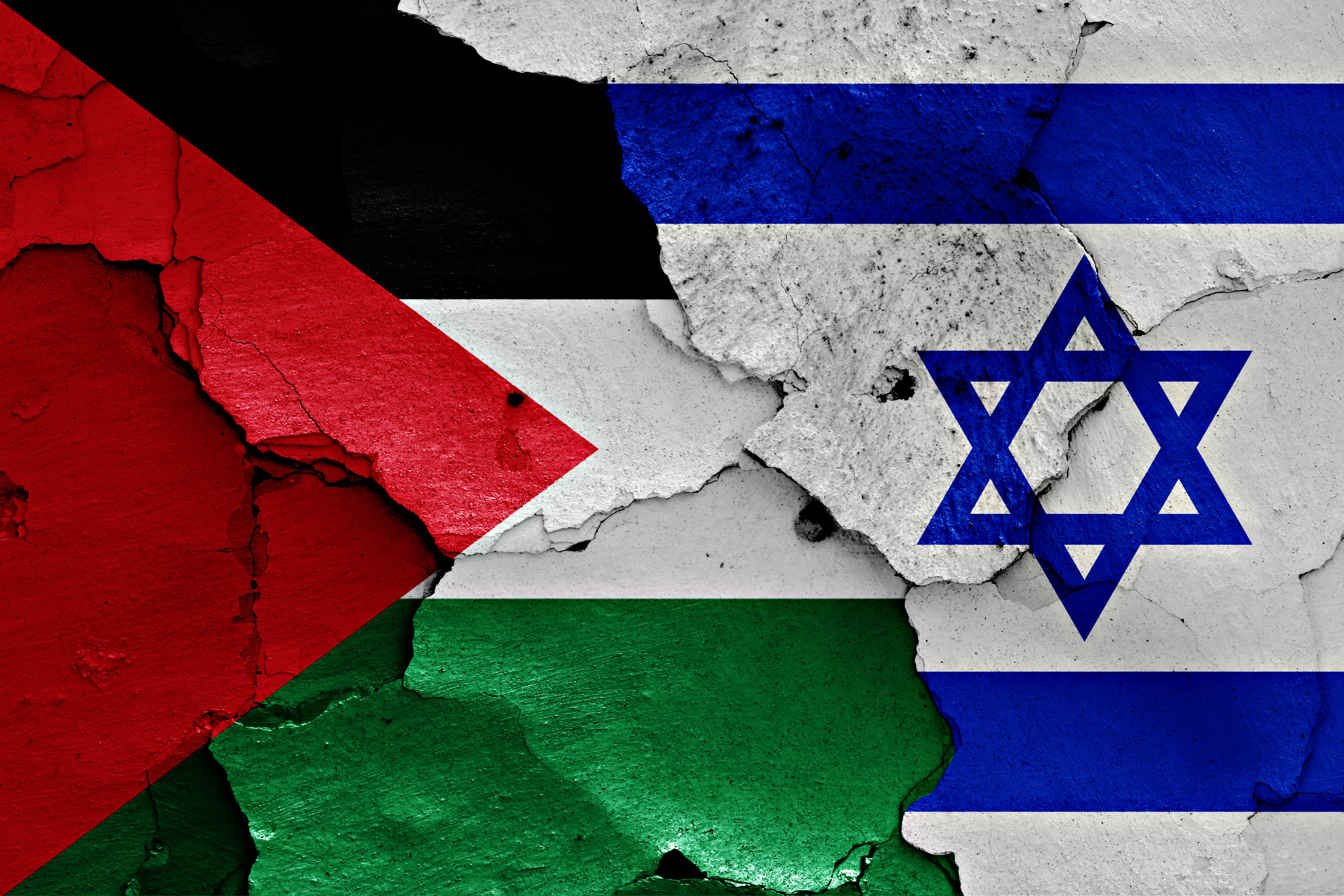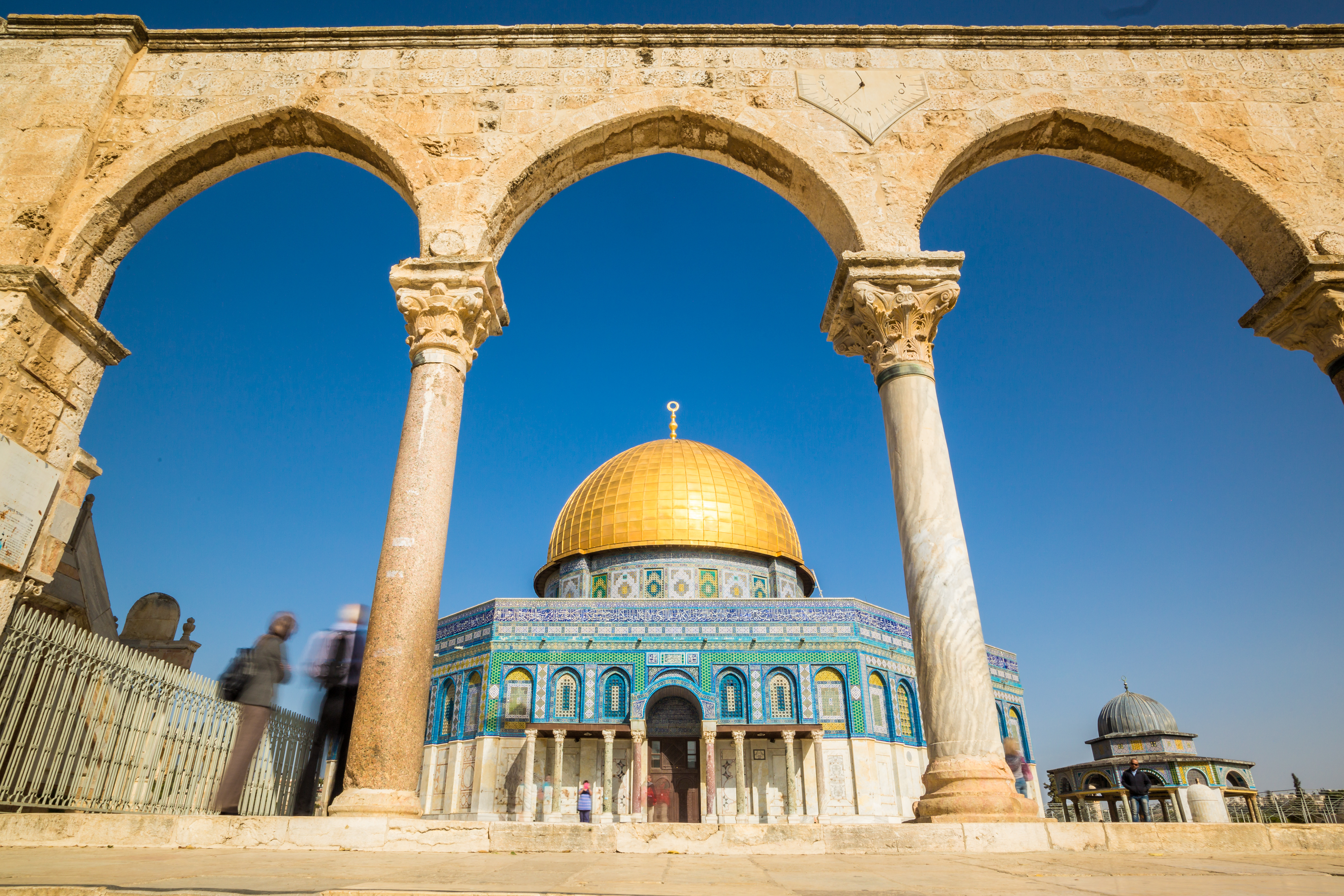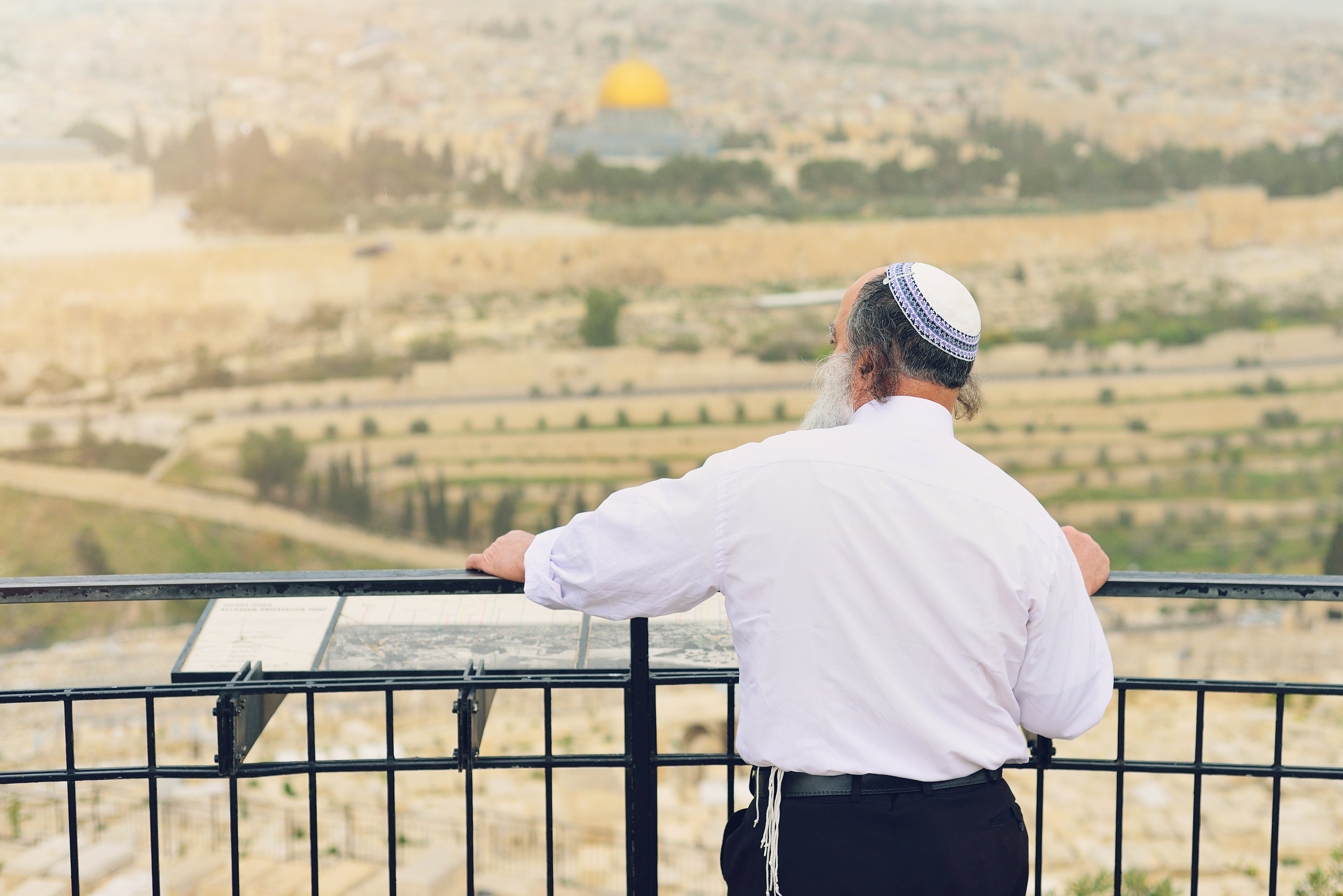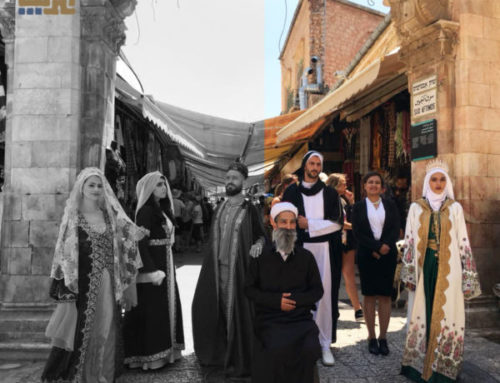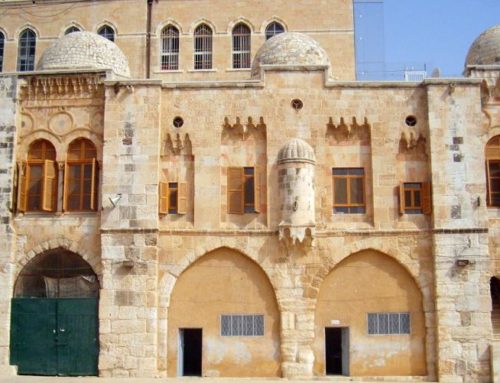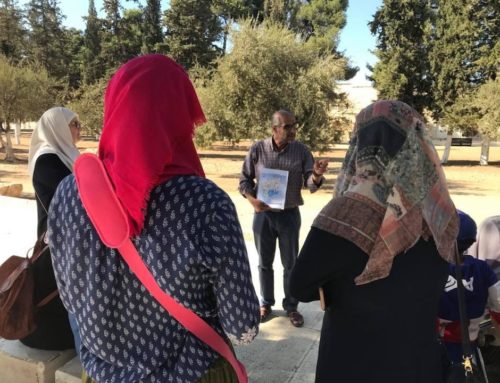The city of Jerusalem is technically split between Israel and Palestine. The west side belongs to Israel and the east side belongs to Palestine. The question then is, should it belong to Israel or Palestine, or turn it into its own distinct City-State? This is a complicated issue because lots of countries and religions feel like they have a claim to this historic city.
Emotions run hot over this issue and blood has even been spilled multiple times. This article will discuss the depths of this question and review Jerusalem’s historical background and how it factors into the argument.
City-States Today
A city-state is a city that is turned into its own mini-state with a personal government. It can exist within a country or another state, but it has its own power. If Ireland is popping into your head, that is not a city-state. A city-state has full power to govern itself without another country being over it. City-states usually have one major economic contributor such as tourism. They are also relatively small, but still incredibly successful on their own merits.
Ireland is an Autonomous Region, which means it still has to follow most of its head country’s laws (The United Kingdom), but it does have some liberty to govern itself. It also does not have a major economy such as tourism or exportation that really keeps Ireland alive, so it definitely is successful enough to be a city-state. There are only three current city-states in the world: Monaco, Singapore, and the Vatican. Some earlier examples of city-states are Rome, Carthage, Athens, and Sparta.
Monaco’s government is a Monarchy, while the French government is a republic, run by a prime minister. Monaco does depend on France for defense. Monaco is relatively small, only being 0.78 square miles in size. It has been a voting member of the UN since the early 1990s. Its economic system is based on tourism.
Singapore is run by democracy. On top of that, it is 270 square miles, giving it plenty of space to flourish. Singapore also has its own currency and army. It is the 5th largest per capita GPD, has low unemployment, and its economy is based on exportation. It has also been with the UN since 1965.
The Vatican is incredibly small with only 108 acres of land in Rome. This is smaller than some college campuses, so the Vatican is not a large area. The resident population is mainly made up of clergymen. They also don’t have any form of military or a major government besides the Roman Catholic church. Religious law is king in this city-state. It also has no UN involvement. It is mostly a home for the Catholic Religion and is free to govern itself as the leaders of the Catholic church see fit.
Jerusalem’s Status
Jerusalem is about 48 Square miles in size but is mostly divided into West and East Jerusalem by Israel and Palestine. The west side “belongs” to Israel and the Eastside “belongs” to Palestine. Jerusalem is a land that is considered religiously and historically important to those who belong to Judaism, Islam, and Christianity. Some of the places that hold religious significance here are a Jewish Temple, Al-Aqsa Mosque, Dome of the Rock, a Shrine where Muhammad went to heaven, Western Wall (Wailing Wall), and the site of Christ’s Crucifixion, death, and resurrection.
However, when I say that the east and west side “belongs” to Palestine or Jerusalem, it doesn’t actually have an owner. The UN has said the land is occupied, which means that it doesn’t have an owner, but other countries do occupy the territory. Israel is the main occupant of Jerusalem, but a part of it is also occupied by Palestine. The UN has yet to settle who it belongs to and has not said if it will become a city-state or not. This is a complicated issue that is riddled with historical events, politics, and religious fervor. Things get very personal when it comes to a discussion about who the “rightful” owner of Jerusalem should be.
There is a lot of history surrounding Jerusalem that can tell us why it is only occupied and has no real claim. It can also help us see the different reasons why it should become a city-state or just a major city or capital in Israel or Palestine.
Armistice Lines
Let’s start with the Armistice Lines. An Arab-Israeli war had broken out in 1948 and ended with the UN coming in and making them sign an armistice agreement. Jordan, Egypt, Syria, and Lebanon signed this agreement saying that they would not continue to fight until they can create a peace treaty. However, Iraq and Saudi Arabia did not sign these agreements.
They drew their lines for Jordan and Israel’s lands. Jordan got a lot more land to occupy. Jerusalem ended up right on the border, but it was technically in Israel at this point. Another part of the agreement was that the Jews were offered free access to Holy Places in Jerusalem. This agreement lasted until 1967.
Jordanian’s Annexation
Annex means that something can be added to a bigger part. Around 1950, those who were living in Palestine wanted to be in a place that protected them from Zionist expansion. They also wanted a land where they could freely practice their religion. So they went to Jordan and the UN saying they would be willing to have Palestine and Jordon become one nation under Jordon to keep their freedom. It was allowed and Palestine joined Jordan.
Around this time it soon became known that Jews were being barred from visiting Holy Sites in Jordan such as the Western Wall or Mount of Olives. On top of that, these places were then destroyed. The Mount of Olives became a Jordanian army camp, and many other synagogues were destroyed to become roads and new land for the people of Jordan to use. The Jews weren’t the only ones being barred from Jordan. Muslims in Jerusalem and Christians did not have access to their Holy Lands that were a part of the Western Bank that was annexed with Palestine. This caused a great deal of anger and hurt feelings from many different parties. This conflict would soon reach a boiling point.
Six-Day War
All of this religious tension would eventually lead to the 6-day war in 1967. After the destruction of many religious sites and even schools for Christians, Muslims, and Jews alike, Israel began talking with the UN about how they were not keeping the Armistice and keeping holy sites open. In some cases, Jordanian soldiers shot at Jews in Jerusalem for trying to get in. Eventually, Jordan, Iraq, Arabia, Syria, and Lebanon began heading to Israel’s border, preparing to attack. But Israel was quick with an aerial attack and in 6 days they won the battle. Even though they won by force, the angry sentiments did not stop. Jerusalem was the site of many battles, so one victory did not settle the score in many people’s minds.
Jerusalem Law
In 1980 Israel had enough of fighting over Jerusalem. Israel decided to put their President, Knesset, Government leaders, and Supreme Court in Jerusalem and claimed it as their own. Jerusalem is technically the capital of Israel. When they did this, they did specify that they will not destroy religious sites and would offer open access to them. However, the UN still recognizes Jerusalem as an unclaimed territory that is occupied by Israel and a bit of Palestine.
For Jerusalem
The arguments. for and against Jerusalem becoming a city-state are many. On the for side: Jerusalem should be considered a city-state for many reasons. Looking at the history alone, you can see that Israel, Palestine, Jordan, and many other countries have been fighting for control of Jerusalem. It has caused a lot of tension in the surrounding areas. If it was to become a city-state, this could diffuse a lot of the tension. It would have its own government, laws, economy, etc.
As a city-state that holds a lot of Holy Sites, it would end up like the Vatican with open access for tourists to come and go. Jews, Christians, Muslims, etc. would be able to visit without fear of being kicked out or stopped. Different groups have been forbidden at different times and a neutral city-state could provide the stability that is needed. Its economy would be based on tourism and considering that three major religions have Holy sites there, it has the ability to be independent like the other city-states.
Secondly, the UN already says it is an occupied territory. It has no real ownership over the land so if it were to become a city-state, none of the surrounding countries would have to worry about losing its capital. In fact, American people born in Jerusalem, are allowed to list Jerusalem as their birthplace instead of specifying Israel or Palestine. This rule was confirmed in October of 2020.
Doing this would also offer a lot of protection to Palestine from Israel because they would not have to worry about fighting for the land as much. Israel has been pushing Palestine under the rug here and there when it comes to Jerusalem. The Palestine population in Jerusalem is very low, so Israel is just claiming it as their own. The voice of the majority drowns out the others, and many other countries are agreeing with this single-minded claim.
But Palestine has been pushed around a lot with the wars, and many of the people are just searching for a place they can practice their religion peacefully. Looking at when Jordan took Palestine in the 1950s, they thought it was going to be fine but they were barred from religious sites as well. They also had to watch some holy places be destroyed and disrespected. Jerusalem should become a city-state so they aren’t pushed away by Israel as much. Opening that land will benefit people of all beliefs and homes in the surrounding area.
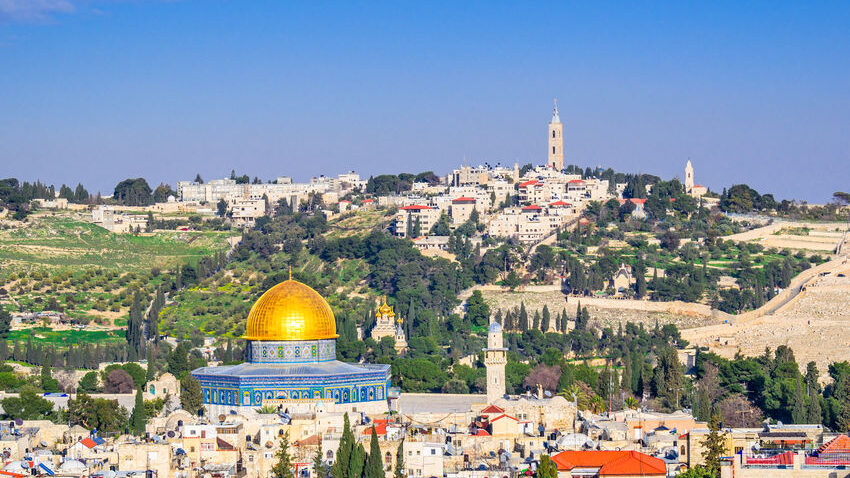
Against Jerusalem
While there are potential benefits to Jerusalem becoming an independent city-state, there are some potential problems as well.
If Jerusalem becomes a city-state, there is a high chance that Israel will go to war over it. Israel has been fighting for this land for years and to have it become its own city-state would almost certainly push Israel over the edge. On top of that, Israel already claimed it in 1980 with no regard to what the UN said about it being occupied. Israel also put their whole government in Jerusalem, which means claiming it as anything other than Israel’s would be like taking over their capital and government. This might end up being not a good idea at all.
The US has also recognized Jerusalem as belonging to Israel. In this article, Israel is considered the home to those born in Jerusalem and it has been acknowledged by former President Trump as Israel’s capital.
If we look at the Vatican, it has one religion and that has become its government. Jerusalem couldn’t have one religion as its government because three major religions find Jerusalem to be a very important place. Picking one would be dangerous to the others and lead to the same events that happened before the 6-day war. It would then be difficult to pick a form of government for Jerusalem because it would be built on people of various religious beliefs and differences.
Israel also has a majority of the historical sites and in their Jerusalem Law, they will keep all religious sites open and not bring harm to any of them. Israel has things covered when it comes to taking care of the religious sites, and a good government for the city. If things are already good, there is no need to change them. Many people believe that Israel is also way too powerful to try and take it from them.
For Palestine, ownership of Jerusalem would be good as well because it would help with the economy and give it a bit more power than what it has now. However, Israel would not settle for giving it up and would go to war for Jerusalem.
Overall, Jerusalem could become a city-state or it could become a permanent part of Israel. Both ways have their pros and cons. The only thing that really matters when it comes to Jerusalem’s ownership, is that people of all religions can come and visit their holy sites and feel safe when they travel to this city.


